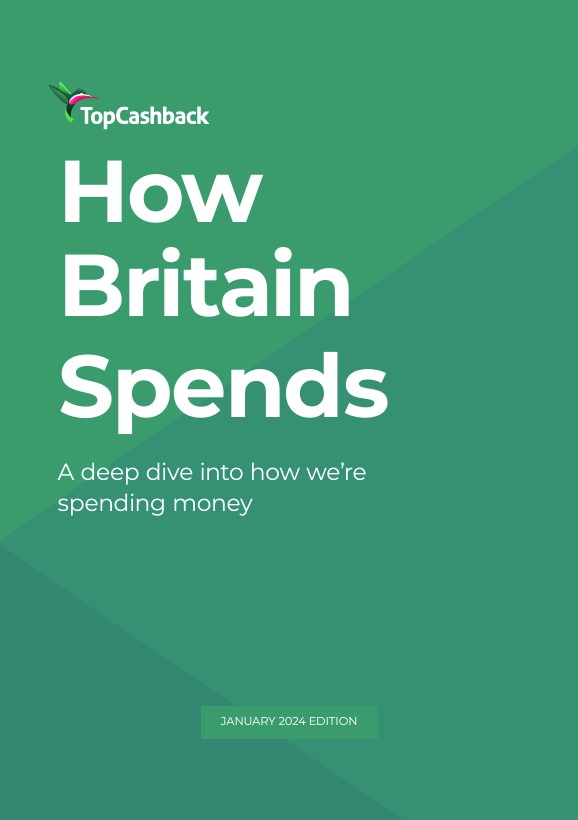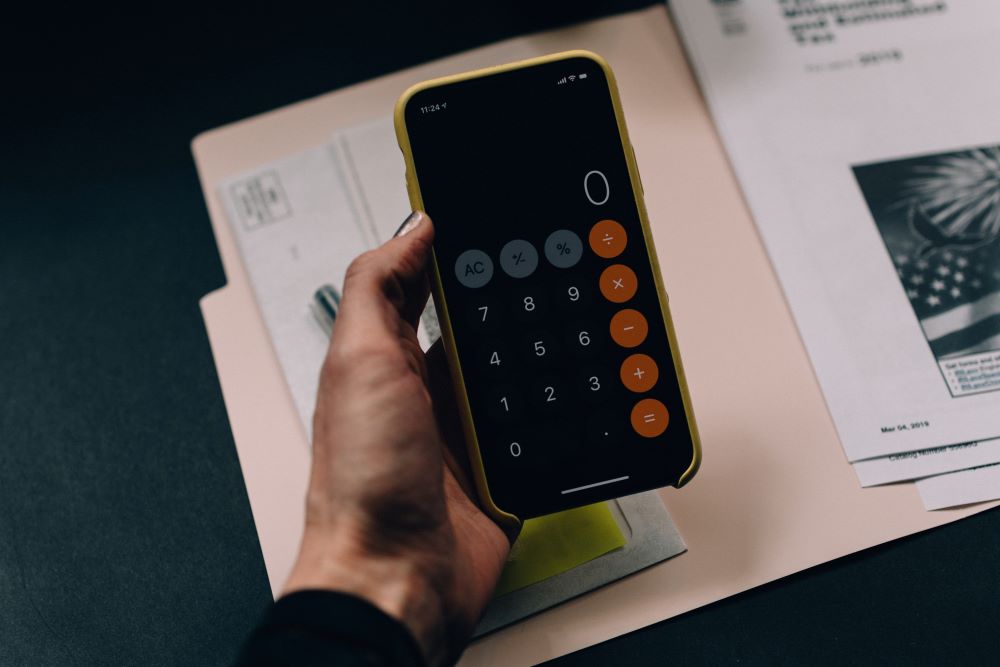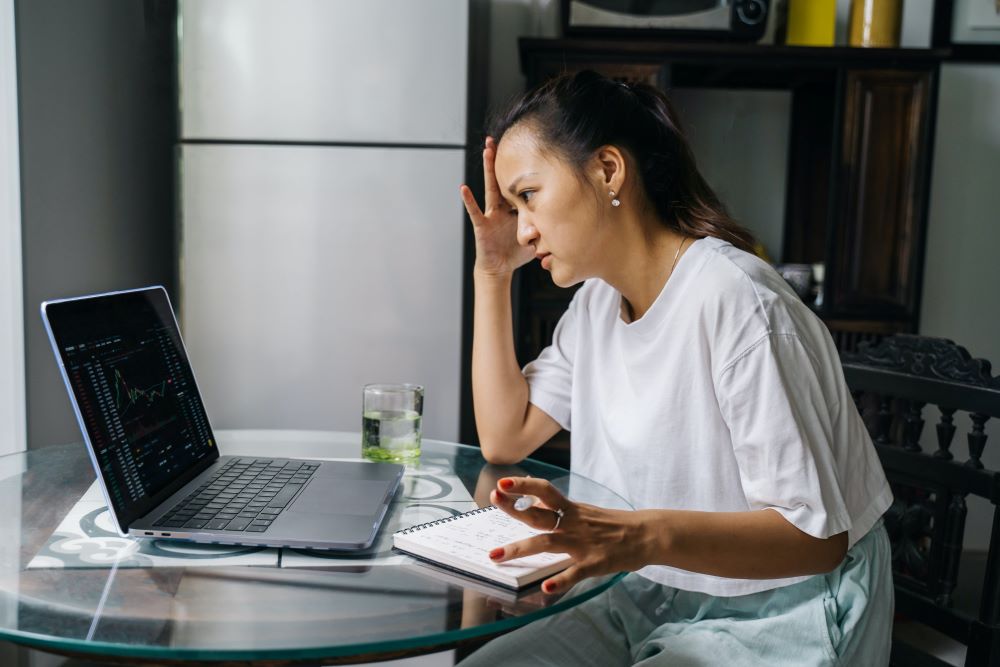Date published: January 17th 2024
A recent TopCashback study (January 2024) has found that more than three-quarters (78%) of Brits feel stressed keeping up with others in their social circles. Two-fifths have spent more than £200 keeping up with others in the past three months alone.
However, on average, people have more in their bank accounts at the end of each month than they did three months ago. This is despite the Cost of Living crisis continuing to bring financial strain for many.
What is How Britain Spends?
How Britain Spends is a series of reports conducted by TopCashback that looks closely at the UK’s spending habits, financial health and feelings about money.
Each report includes in-depth research into how and where we spend our money. All of the facts and figures in How Britain Spends are backed by retail data to give a clear snapshot of how Britain shops today.
Our aim? To open up the conversation about personal finances with our TopCashback members and Money Guides readers.

TopCashback’s second How Britain Spends report takes a close look at how our personal finances have been affecting our wellbeing over the past three months.
If you haven’t caught up on our first How Britain Spends report, which was published in September 2023 and focused on family finances, you can read our summary of the key findings.
Our spending over the past three months
We surveyed 2,000 adults across the UK about their spending behaviours over the past three months.
Our research found that, on average, Brits are spending less on a range of non-essential things than they were three months ago. These include beauty treatments, make-up and skincare, as well as sports tickets and exhibition tickets.
However, spending on essential items has continued to increase for some. During the past three months…
36% of people have spent more on essential groceries
24% of people have spent more on petrol
19% of people have spent more on essential toiletries
15% of people have spent more on pet care and pet food
The rise in spending on essential groceries and petrol could be partly down to Christmas spending and travel. Alongside festive spending, inflationary price rises have most likely had a part to play.
However, our research also shows that our overall average spending is slightly down. The average spend on essential groceries has reduced from £234 to £230, while the average petrol spend has gone from £144 to £142.
This tells us that while some are still seeing rises in their spending, for most of us, expenditure is either stabilising or dropping very slightly.
Our financial health in January 2024
Our research found that the cost of living is still having a big impact on our personal finances and causing many of us to feel overwhelmed, stressed or anxious.
Half of people are at least sometimes living beyond their means each month, while 17% are doing this frequently.

On average, people have more in their bank accounts at the end of the month compared to three months ago (this has climbed from £323 left on average to £691).
The New Year often brings with it a sense of optimism, but that’s not to say that money worries are a thing of the past.
The How Britain Spends report also looked at how people feel about their finances and spending habits…
Money and mental health
Many of us are still feeling the strain, with 38% of those surveyed saying they feel anxious about the cost of living (only a slight drop from the 41% who said the same in September 2023).
But despite the fact we’re still very much experiencing a Cost of Living Crisis, with inflation easing and energy prices dropping, it seems that some of the strain has been alleviated for some people.
Our research found that people on the whole are feeling a little more in control of their finances now than they were three months ago (71% of people, compared to 66% in September).

However, the study also revealed that many of us feel a significant amount of stress and discomfort when it comes to our finances. Almost a third of people (30%) said they felt they weren’t able to stop thinking about money worries once a week or more.
With that said, less than half of people (41%) have sought professional help in the last three months.
When it comes to how we feel about our spending over the past three months…
18% felt guilty for not being able to save as much as they’d like
16% felt happy about spending money on other people
14% felt happy about treating themselves
14% felt annoyed that, with hindsight, they bought something they didn't need
Keeping up appearances
On top of the pressure we may feel to pay the bills and put food on the table, many of those we surveyed also feel pressure to keep up with people in their social circles.
40% of people said they’ve spent more than £200 keeping up with others’ spending in the past three months.
It seems there’s an unspoken pressure felt by many of us to keep up appearances with our friends and family, despite the Cost of Living Crisis.
This is understandably causing quite a bit of stress, with more than three-quarters (78%) of people telling us they felt stressed trying to keep up with others' spending and lifestyles.
During the past three months…
76% felt jealous that others can afford things they can’t
80% felt confused about how others can afford their lifestyles
13% have spent savings in order to live the lifestyle they want
12% have used a credit card to enable them to live the lifestyle they want

Many of us are spending money we don’t necessarily have so that we can keep up with other people.
Adults have spent an average of £300 each on keeping up with others’ spending and experiences
People aged between 18-24 have spent the most on average at £416
Men spend slightly more than women, with an average of £309 (compared to £291 for women)
People living in Greater London feel the most pressure, spending £421 on average
TopCashback member Sebastian, 25, told us:
'The social pressure of travelling, going out to eat at nice restaurants and drinking, really makes me feel like I’m not on par with friends. To keep up with them and their activities, I’ve needed to temporarily fall into my overdraft.’
Tips for gaining control over your spending
Michelle Highman, Chief Executive of The Money Charity, explains four simple steps to being in control of your spending.
1. Be realistic
Jot down what you realistically spend on items — and how often you spend on them — whether that’s insurance, essential toiletries or pets. The more honest you are with yourself, the better the budget will be.
2. Break it down
Identify what you need to spend each day, week and month so you can build a true picture of your spending habits and see where you may have some extra budget to put into your savings or towards a bigger purchase.
3. Keep it simple
Put the budget into a format that works for you and will be easy to monitor and check regularly — that way it doesn’t feel like an arduous task to keep it updated and on track and you'll stick with it.
4. Take advantage of tools
If you’re not sure where to start, The Money Charity has a free online Budget Builder which helps you to easily set up a customised budget you can access on your device at all times.
Things to take away from How Britain Spends January 2024
Even though the financial strain has been slightly alleviated for some people during the past three months, it’s clear that we’re far from being out of the woods.
Money concerns are still disturbing people’s sleep and stopping them from being able to relax. And on top of this, people are also feeling pressure to keep up with the lifestyles of people in their social circles.
If you’re feeling overwhelmed by your finances or are struggling to make ends meet, there is help, support and advice available to you. The Money Charity, Citizens Advice, National Debtline and StepChange all provide free help, including practical advice to make small positive changes to ease the financial pressure.
Read TopCashback's second How Britain Spends report in full.
